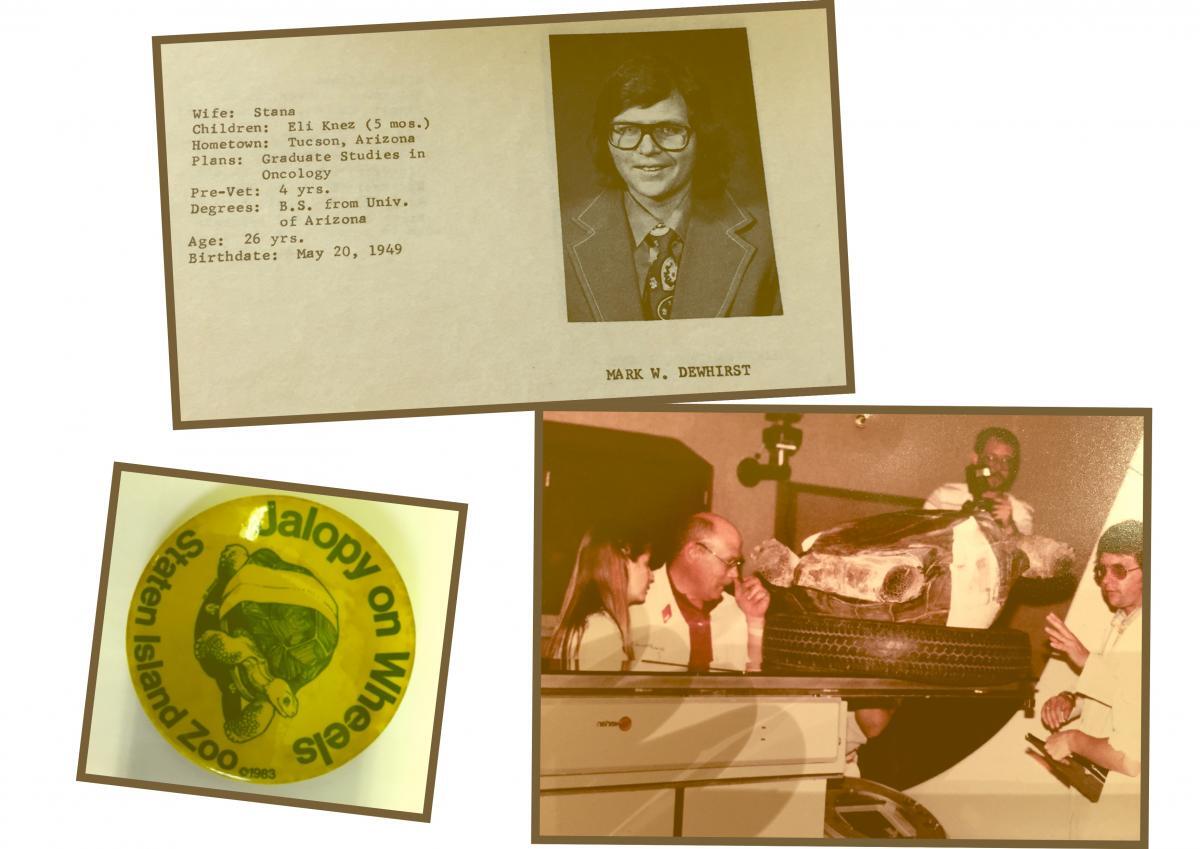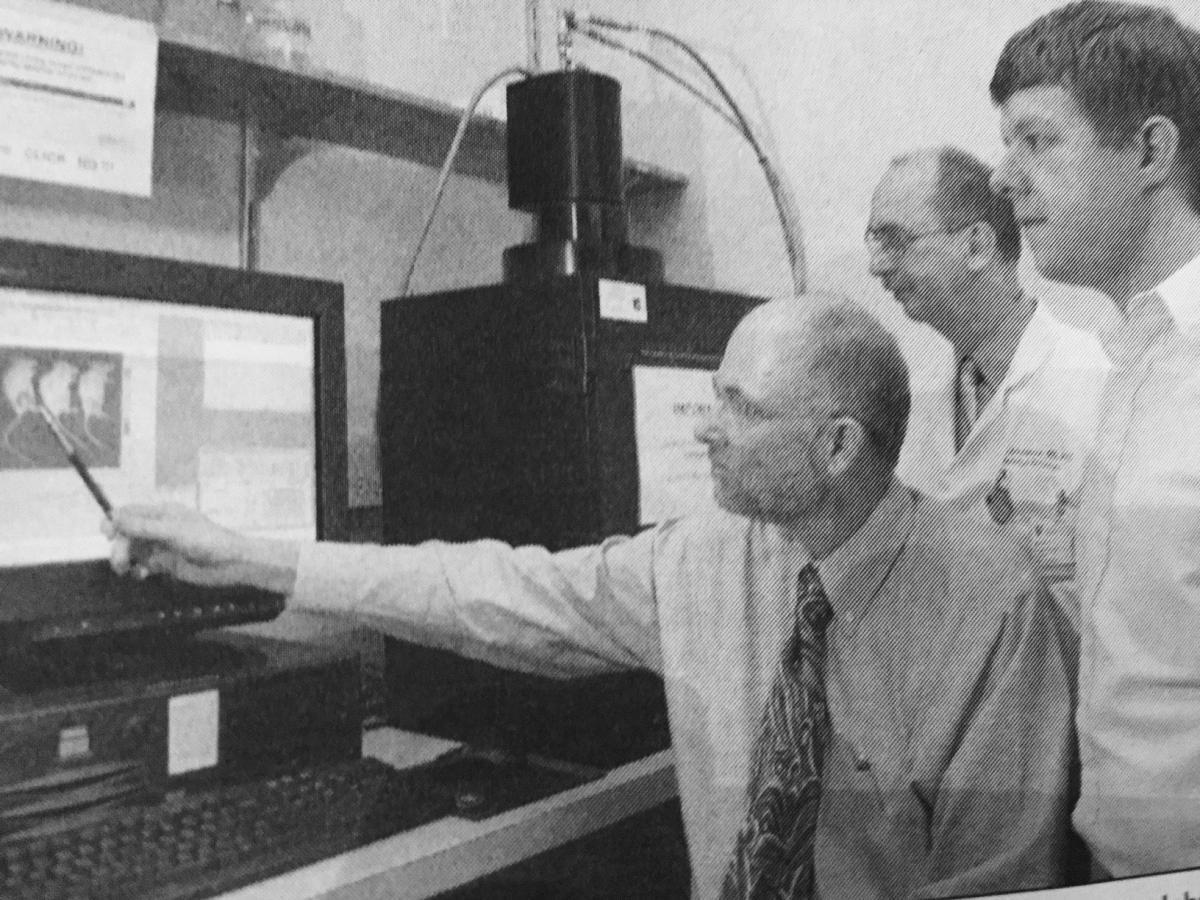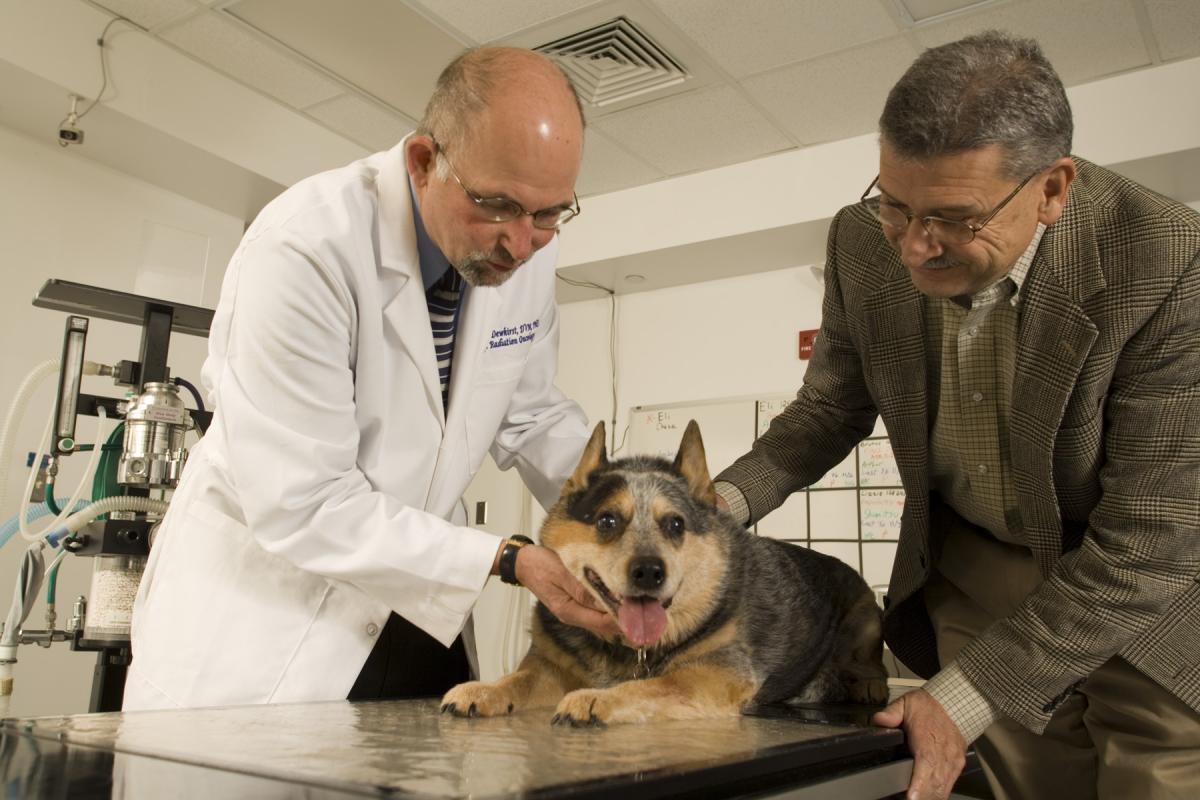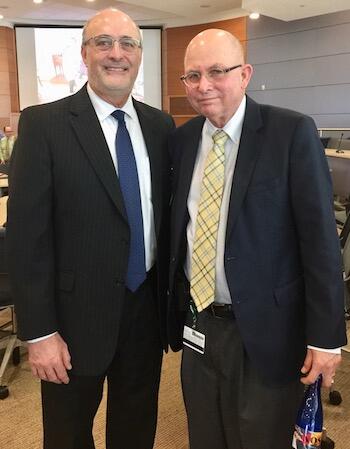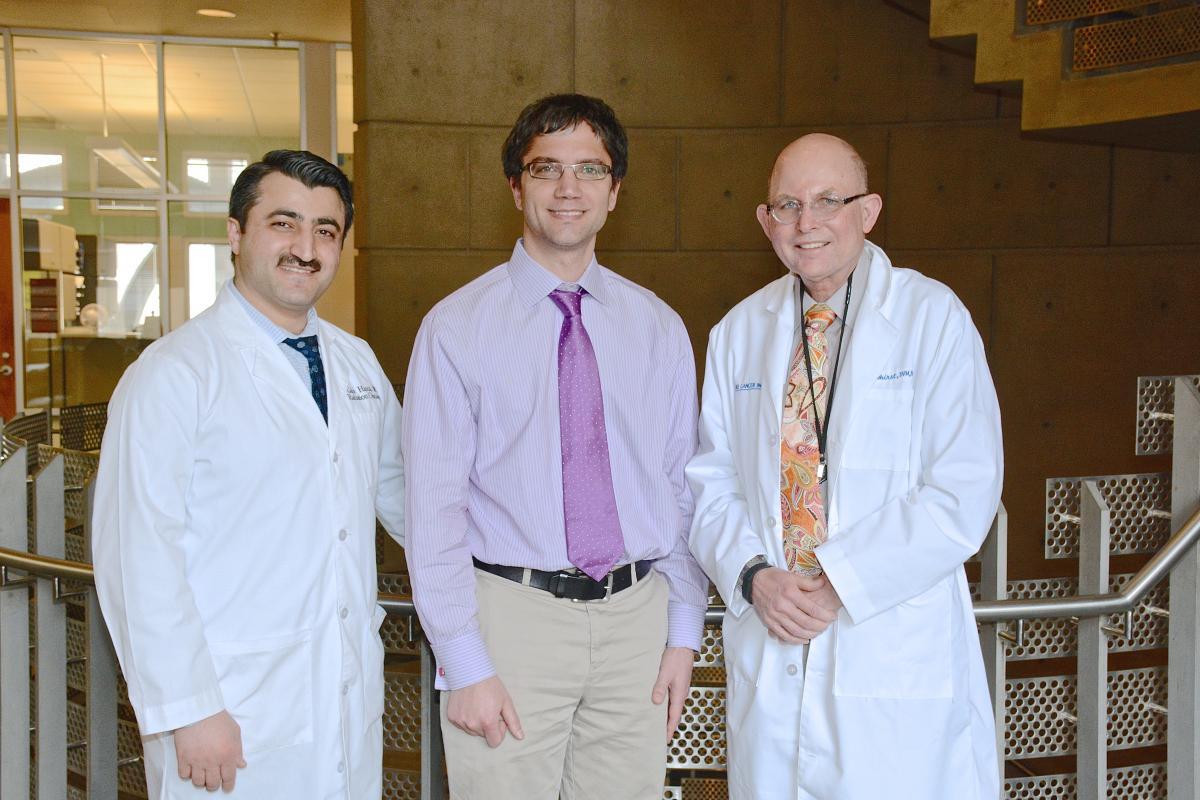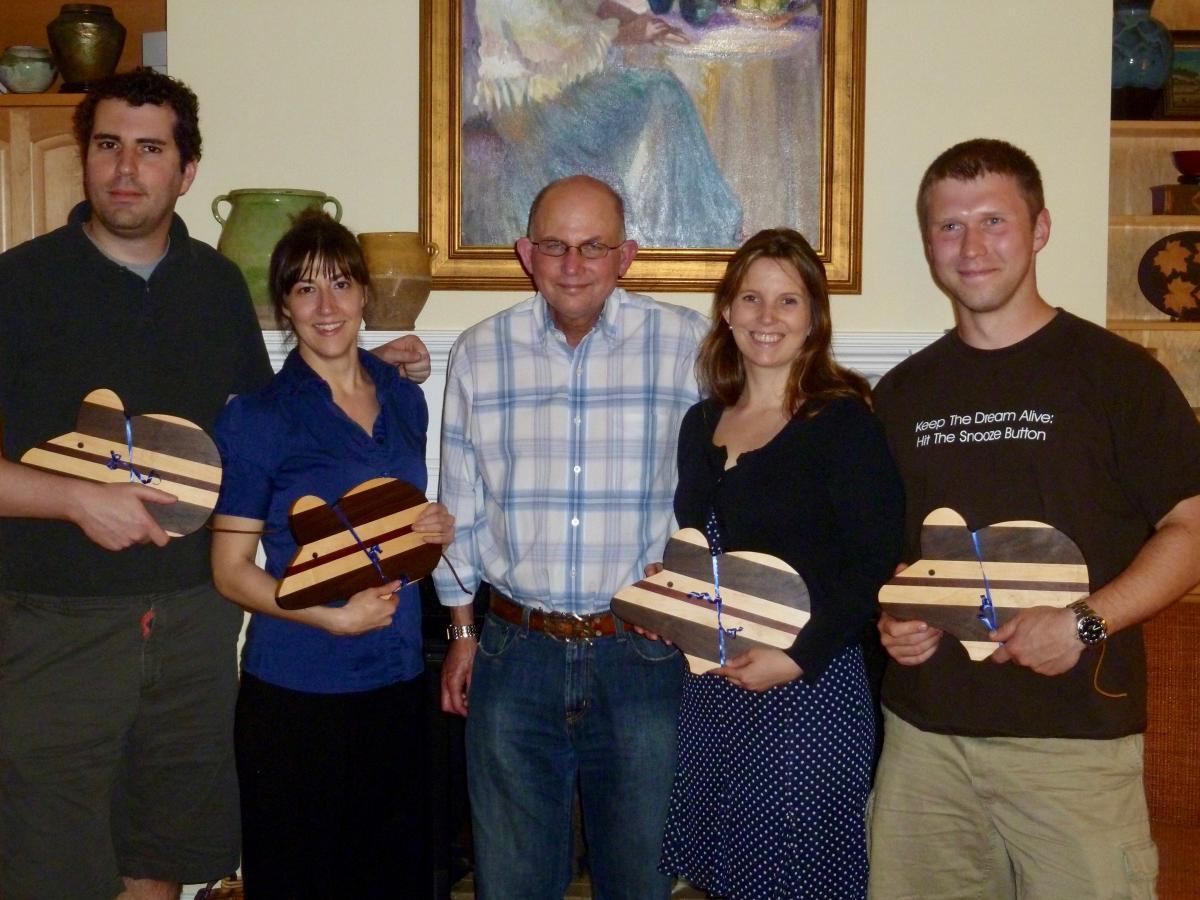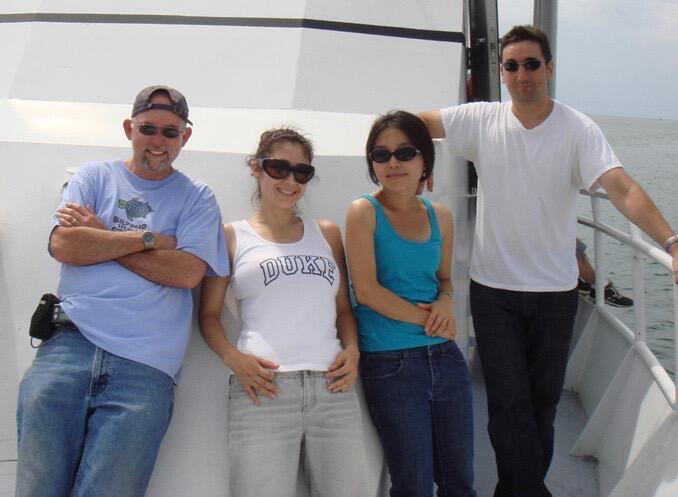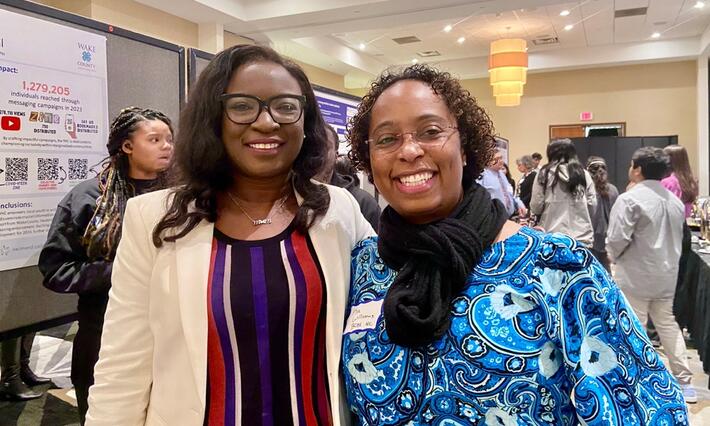When a Galapagos tortoise suffering from sarcoma needed help in 1983, zookeepers at the Staten Island Zoo called Mark Dewhirst, DVM, PhD, a young scientist at University of Arizona who had been conducting clinical trials on dogs using radiotherapy.
They were hoping radiotherapy might also help the tortoise — named Jalopy because he scooted around with the aid of a skateboard contraption after losing mobility from his many surgeries — so they shipped him Dewhirst’s way.
Dewhirst’s ingenuity in rigging up a system to treat the 80-year-old tortoise, a species he’d never treated before, lengthened the tortoise’s life and made headlines.
The grandson of farmers and the son of a science professor at University of Arizona who studied parasites in cattle, Dewhirst said he grew up around animals, first in Kansas and then in Arizona. He seemed to be destined for veterinary medicine.
After earning an undergraduate degree in chemistry from University of Arizona and doctorates in veterinary medicine (1975) and radiation biology (1979) from Colorado State University, he joined the faculty at University of Arizona. His research career spanned more than three decades, most of them at Duke.
Come the end of the semester, Dewhirst — now vice director for basic science at Duke Cancer Institute and professor of radiation oncology, biomedical engineering and pathology — says he’s hanging up his lab coat.
The Dewhirst Lab, which focuses on the tumor microenvironment, specifically as it relates to tumor metabolism and hypoxia and ways to improve treatment modalities, including hyperthermia, is shutting down.



